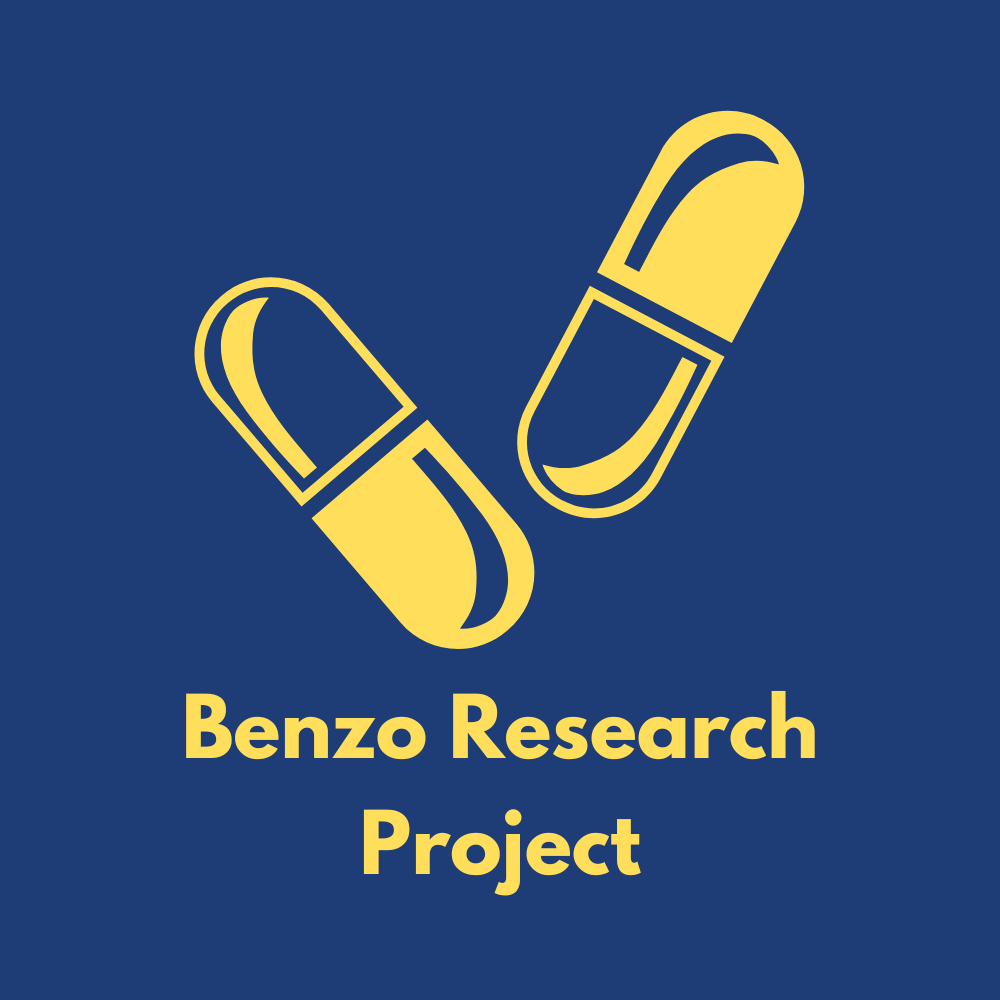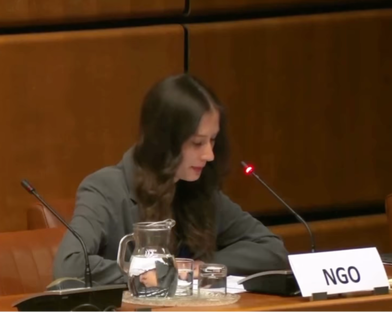United Nations CND Thematic Discussions Intervention Statement 20235/12/2023 Monica Richards, AJ Martin
Without understanding the lived experiences
of young people taking benzos, drug education and support may
not effectively meet their diverse, complex and ever-changing
needs.
When engaging stakeholders I was regularly asked why young people take benzos. This confirmed the urgent demand for this data - without which scientific, regulatory, and public health challenges may worsen. Therefore, in 2022, we conducted a study delving into the lived experiences of young people who use benzos. Of 73 testimonies analysed, a recurrent theme emerged: self-medication for mental health challenges including anxiety, insomnia, PTSD, and to cope with uncertainty spurred by COVID-19. Hence, we should approach this issue with compassion and sensitivity. Difficulties accessing mental health support led to some using benzos to cope, citing partial or complete relief from symptoms. In some cases, it enabled their participation in education and employment, remaining economically active in spite of their conditions. While some respondents managed their use, others became dependent. Increasing doses and frequency of use without awareness of the associated risks led to dependency in 30% of participants. Benzo withdrawals were described by some; at least eight experienced a seizure. A third of respondents first took benzos during adolescence, and many emphasised the importance of drug education at secondary school. 21% were unaware of the side effects or dependency risk associated with benzos. There was little understanding of harms from polydrug use including with alcohol – a potentially fatal combination. Limited awareness poses a serious public health risk to young people. As benzos are prescribed medications, young people are more likely to believe that illicitly-sourced benzos were manufactured within pharmaceutical regulations. A participant mentioned being sold counterfeit diazepam in blister packaging that was in fact etizolam: a stronger benzo involved in several polydrug overdoses. With the emergence of nitazenes in illicit benzo supply, this is of increasing concern. Initial findings from our Freedom of Information requests to councils showed large variations in drug education and limited evaluation of drug support efficacy. Testimonies spoke of inaccessible, stigmatising, and “traumatis[ing]” support avenues. As such, we are collaborating with NHS Inclusion service providers to develop a benzo-specific treatment pathway. By integrating their practical expertise with lived experiences, we hope to create a programme tailored to this demographic. Thank you for the opportunity to speak, and for worldwide efforts to reduce drug-related harms." Authors: Monica Richards, AJ Martin Editors: Ross Webster, Christopher Winter-Goodwin This statement was delivered as part of the thematic session Health and regulatory challenges posed by synthetic opioids and non-medical use of prescription drugs. Click here to watch Monica delivering the statement at the UN Commission of Narcotic Drugs in Vienna, Austria. Original statement published on the UNODC website. Tags: |
BENZO RESEARCH PROJECT


